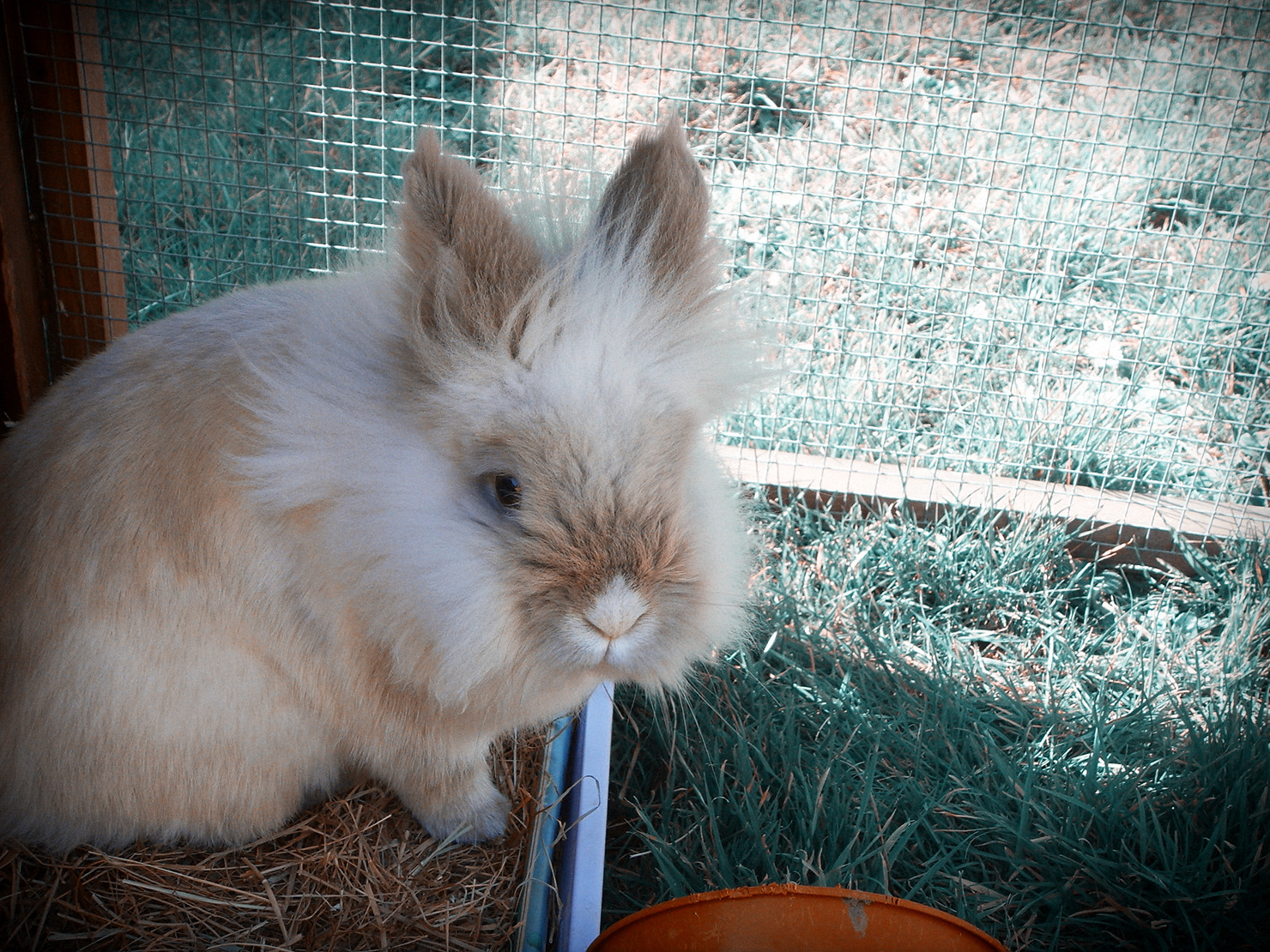
There are many types of different infections Rabbits can develop through their lifetime. Many of which can be developed through injuries, illnesses and some diseases. Rabbit advices has provided you with a list of common infections so you can recognise some symptoms your rabbit is displaying and take steps to overcome most infections.
Abscesses
- Abscesses are commonly caused by injuries that your rabbit has experienced.
- They range from small to large lumps on the rabbits body and tend to be filled with pus. Some lumps may have scabs on top.
- As well as showing lumps your rabbit may lose its appetite or you may notice weight loss.
- Abscesses around the head area can be caused by injury or tooth decay. These types of abscesses at a developed stage can be very difficult to treat.
- By placing your hands on your rabbit and feeling for lumps can help catch abscesses at an early stage.
- Take your rabbit to the vet straight away; abscesses need to be treated either by medication or surgery.
E. Cuniculi
- This infection is very difficult to diagnose due to most rabbits who have contracted this have shown no sign of illness.
- Some cases rabbits have had a high level of thirst and urine and suffer weight loss but symptoms are rare.
- E.Cuniculi also known as Encephalitozoon cuniculi affects half of domestic rabbits. Rabbits can go through their lifetime with E.Cuniculi without you as their owner knowing.
- E.Cuniculi is passed to a rabbit through two ways. One is through their mothers before birth and the other through a rabbit eating something contaminated with infected rabbits urine.
- It reproduces in the rabbits kidneys and may damage them during this.
- It can also form cysts in the rabbits brain which leads to neurological damage and other health defects such as head tilts, hind-limb paralysis and seizures.
- E.Cuniculi can be cured with the correct treatments but any damage caused by the infection cannot be treated so early diagnosis is a must.
- You need to take your rabbit as soon as you can, E.cunculi can only be diagnosed through blood tests then treated by your vet to stop any health damage.
Mites of the Ears
- Red inflammation, fur loss around the ears, brown encrustations, shaking of the head and constant scratching the ears are all signs of your rabbit having ear mites.
- Ear mites are an infestation of the parasites in a rabbit’s ear.
- If noticed and treated early this can be cured quickly, if infestation is left the parasites can fill up the ear leaving the rabbit in a lot of pain. This may also lead to a further ear infection and then lead onto Torticollis.
- Seek vet advice straight away to stop the infection becoming worse.
Mites of the Fur
- Constant scratching, bald patches in fur, dandruff and brown deposits are all signs that your rabbit may have mites to the fur.
- Mites of the fur are usually found on rabbit’s backs.
- It is important to clean the rabbit’s home thoroughly to avoid infestation.
- Take your rabbit to the vet soon; it is easily treated by them.
Myxomatosis
- Signs of Maxomatosis in rabbits are runny eyes, swelling around the eyes and genitals.
- This is caused by a virus that is spread by mosquito or flea bites and contact with an infected rabbit.
- Myxomatosis is fatal in rabbits and is very rare for a rabbit to survive this.
- Annual Myxomatosis vaccinations are available with your vet and it is highly recommended that you have your rabbit vaccinated to protect themselves from this.
- Take you rabbit to the vet soon.